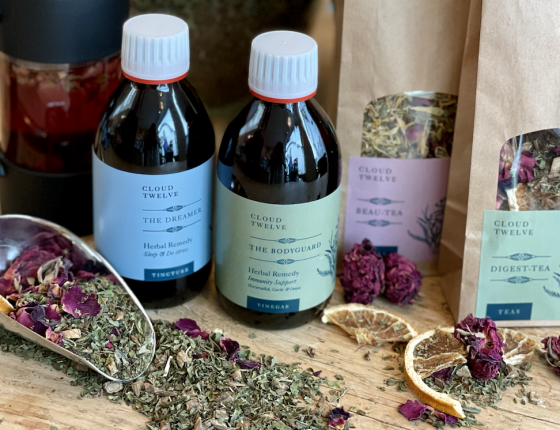
How to boost daily nutrition by adding a few clever ingredients
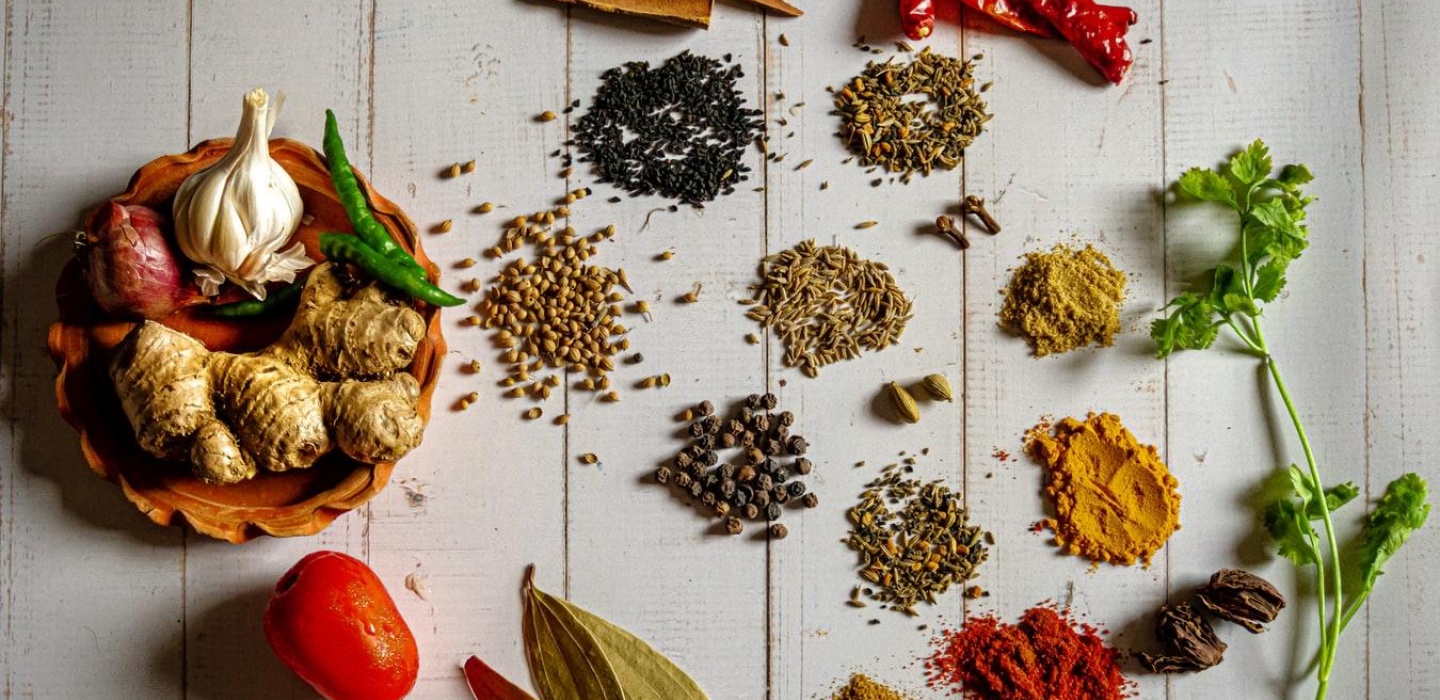
How to boost daily nutrition by adding a few clever ingredients?
How do you boost daily nutrient intake in the most efficient way? Contrary to what many may think, my answer is not going to be about supplements. Ideally most of our nutrition should be coming from diet, because when we enjoy the process of eating, we have the optimal amount of enzymes and other digestive juices, ready to help us fully absorb and make the most of the nutrients in food. It is not quite the case when we have to swallow a handful of pills, is it?
Nature has given us so many amazing herbs and superfoods and if we make an effort to incorporate them in daily menus, we shouldn’t need to rely on supplements or any kind medicine to maintain our wellbeing. Below are a few of my personal favourite ways to boost nutritional value of my daily menus.
Add spices to your dishes
Culinary spices enhance metabolism and strengthen gut immunity. Fennel, cumin, coriander, basil and anything aromatic will boost enzyme production and improve absorption of nutrients in food. Clove will protect against parasites. Thyme, oregano and rosemary will support the immune system amongst other health benefits. Ginger and chilly are warming for the body and are known to improve circulation, whilst also enhancing defense against infections. Finally, turmeric is a super herb that possesses all of the above-mentioned properties. It is easy enough to add most of these spices to soups, curries and stews, but make sure you do not overcook them and add some in the end of your cooking process. During spring and summer season when we are able to harvest fresh herbs such as chives, ramson, nettles, basil, sorrel, oregano, thyme and rosemary, they will make a great addition raw recipes, such as pesto or gazpacho.
Forage your foods
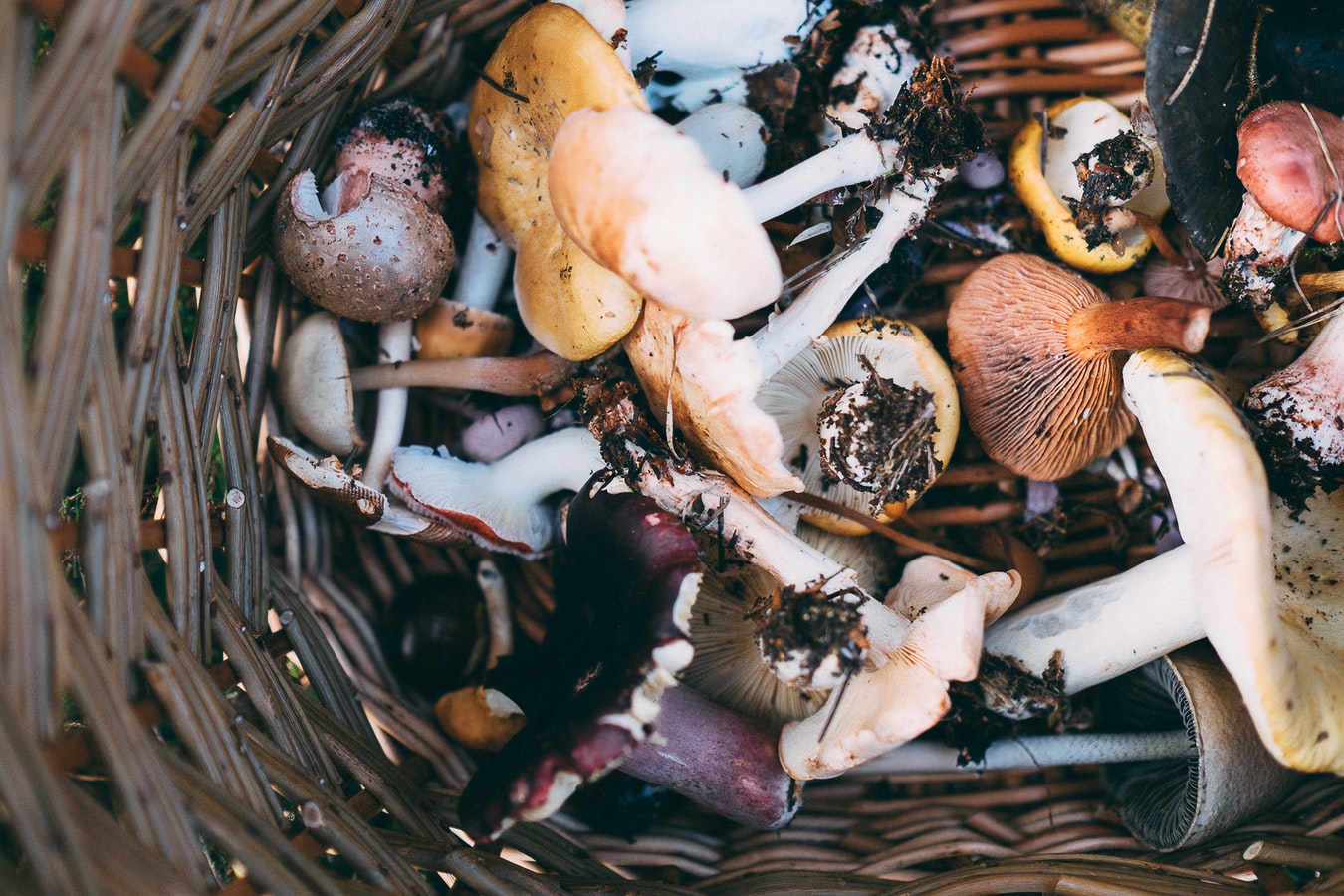
Foraging can be a great way to boost nutritional value of your diet. There are many medicinal leaves, flowers, berries and mushrooms, that can be found everywhere in the parks forests or your gardens. Collect them before your gardener throws them away as weed!
One of the most wide spread medicinal weeds in Europe is probably nettle.
Nettle helps clear toxins, reduce water retention and stimulate hair growth; it also has potent anti-inflammatory properties. Finally, Nettle is an excellent all-around anti-histamine remedy and comes out in early spring just in time to treat hay fever. Being a weed, nettle regrows within a week, so you can have an endless supply of it all summer!
There is a long herbs of herbs you can forage in the UK for your salads, teas and other dishes – dandelions, elder, plantain, yarrow, hawthorn, borage, comfrey, cleavers and many more.
Drink Herbal Teas

Herbal teas is probably the easiest way of using herbs as medicine. They are made from dried fruits, flowers, leaves and spices. One of my favourite teas that helps me to relax after a busy day is called Sereni-tea. The tea contains nervine herbs - passion flower, lemon verbena, chamomile, oatstraw, skullcap and rose - which are known to reduce stress, enhance production of endorphins and lift anxiety. The herbs are not sedative and are safe to take throughout the day, however they will also improve the quality of the sleep, if you find it hard to unwind on some days. Make sure you infuse 1 heaped table spoon in a small tea pot over 10 minutes or even overnight.
Boost your nutrition with sprouts
Another way to keep up your nutrient intake is to sprout dry chickpeas, lentils, peas, mung beans and any other pulses or seeds you can find in your cupboard (but not kidney beans!).
Sprouting increases protein, fiber, vitamin and mineral content and improves bioavailability by decreasing levels of anti-nutrients (i.e. phytic acid). Sprouts are also full of Prana or Life energy and are very tasty!
How to do it? Place 1 part seeds in a clean jar, cover with 3 parts cool filtered water, cover it with either a sprouter lid or a piece of breathable natural fabric (like muslin) secured with a rubber band. Set it aside to soak for approximately 8 hours. Once the soaking time is up, you need to drain your sprouts. If you have a sprouter lid, just tip the whole jar over the sink, otherwise drain the seeds in a sieve, add more water to the jar and rinse again. Then prop the jar, upside-down, in a bowl, tilting it to one side. 8 hours later rinse, drain, repeat for 3 days. Afterwards spread sprouts on a kitchen towel and let them air dry for 30 minutes before storing. Store in the fridge for up to a week. Enjoy in salads, wraps or stir-fries.
Make botanical vinegars
Botanical vinegar is a perfect way of using medicine as food. Whether drinking a shot before meals to enhance digestion or combining it with olive oil as a delicious salad dressing or simply adding it into soups or other cooked meals for extra flavour – botanical vinegar will provide a powerful boost to your health.
Use unpasteurized apple cider vinegar as a base. It has an alkalizing effect on the body and contains gut-friendly bacteria, which aid metabolism and help fight pathogens. Macerate herbs for 4 to 6 weeks in apple cider vinegar to extract phytonutrients. One of my favourite preparations is Immunity Boost Vinegar that includes herbs with anti-microbial and warming properties, such as garlic, horseradish, onion, ginger and thyme. This vinegar will help decongest sinuses, relieve cough, sore throats, colds, flu and chest infections.
Replace high glycaemic index sugars with a healthier alternative
My favourite alternative to high glycemic index (GI) sugars is yacon root. Compared to white sugar’s (sucrose) GI of 65, yacon root syrup has a GI of only 1, which means it doesn’t cause a spike in blood sugar. The secret is that our body lacks the enzymes to break down the fructooligosaccharides found in yacon root, so while they taste sweet, they pass through our digestive tract practically unmetabolised.
Yacon root is also a prebiotic and helps with the absorption of calcium, magnesium and B vitamins. As a result, it contributes to strengthening your cardio vascular system, improving bone density and supporting beneficial bacteria in the digestive tract. Because of its high antioxidant value, yacon root is beneficial for reducing free-radical damage in the body.
Use yacon syrup on your morning pancakes, as a dessert topping or sweetener for your teas and coffees. Yacon syrup powder can also be added to smoothies and energy balls.
Include fermented foods in your diet
Sauerkraut is one of the most nutritious recipes that we have in Europe. This simple, fermented cabbage dish has been relied on by our ancestors as the only source of vitamins, minerals, fibre and probiotics throughout late autumn and winter. Even if they weren’t aware of these terms, the benefits of sauerkraut to digestive and immune health have been known for centuries.
What has been proven more recently, is that sauerkraut has many more bacterial strains than any probiotics supplement, it is high in vitamin C, B6, B9, iron and potassium and L-glutamine which is a crucial amino acid to support immune system, heal stomach ulcers, leaky gut and reduce inflammation in IBD. In addition, thanks to its high fibre content, regular consumption of sauerkraut will most definitely keep the bowel healthy and moving!
Homemade sauerkraut is simple to prepare, cheaper and much tastier than what you can find in shops. It also appears to have a much more beneficial effect on the gut than commercial products.
There are other fermented recipes you can try which are also beneficial for gut health, they include kimchi, umeboshi and other pickles, kefir, live yogurt, natto, kombu and raw apple cider vinegar.
Eat mushrooms three to four times a week
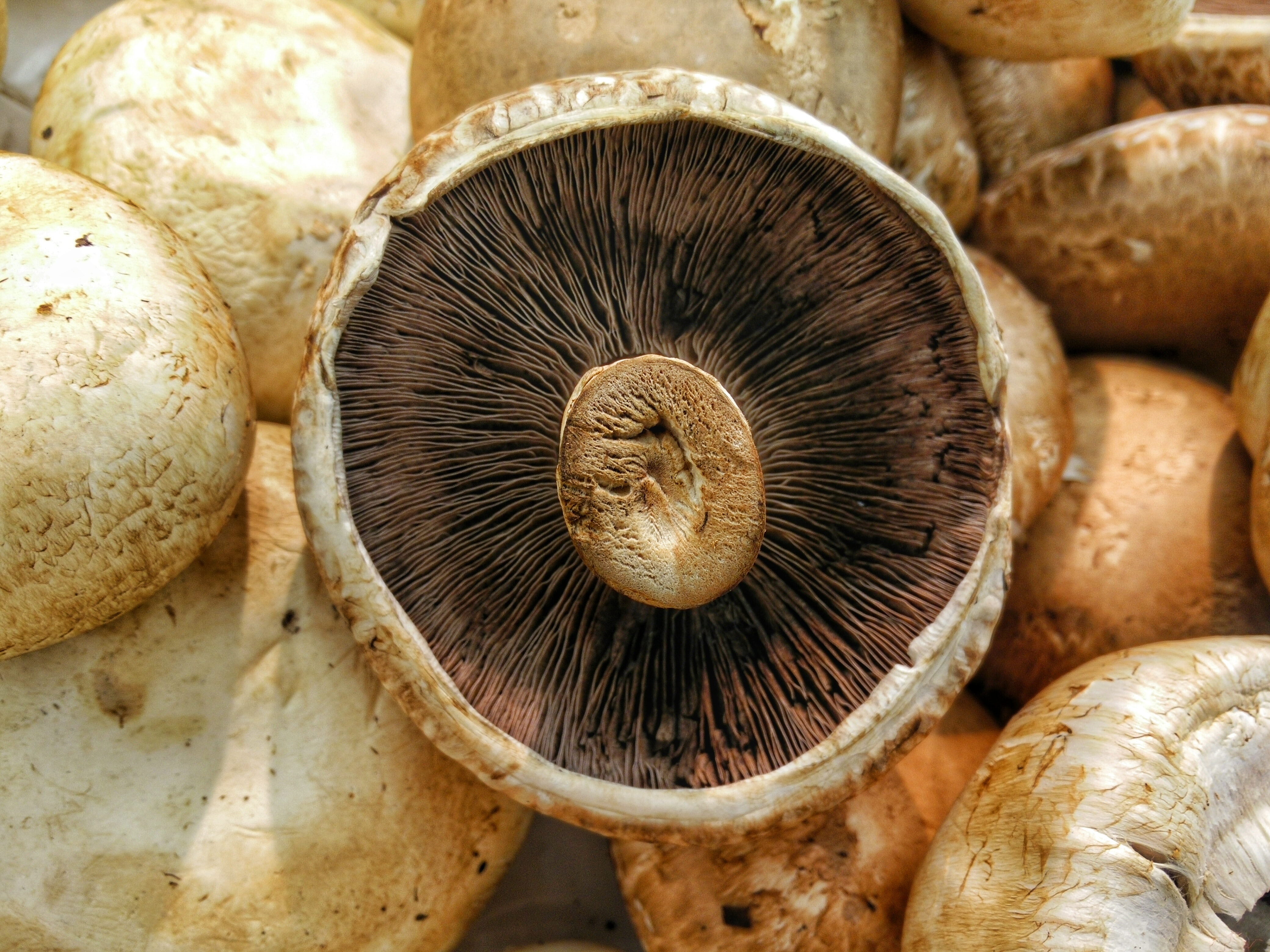
Mushrooms are a nutritional powerhouse. They contain phosphorus, potassium, zinc, copper, magnesium, as well as B and D vitamins, which is especially high in mushrooms exposed to sun. They are also high in protein and fiber and low in fat, which makes them an ideal diet food.
Additionally, many medicinal mushrooms are high in ergothioneine and glutathione. Glutathione acts both as an antioxidant and detoxification agent, while, ergothioneine protects DNA from oxidative damage.
But perhaps of most importance in terms of medicinal properties are active ingredients called mushrooms polysaccharides that have a significant impact on the immune system with potent immunomodulatory and anti-tumor effects. More specifically polysaccharides in mushrooms enhance T-cell and microphage activity and increase production of leukocytes, or our immune cells, that help fight us viruses, bacteria and other pathogens.
Medicinal mushrooms are part of many of my formulas to boost or modulate immune system, help recover from post-viral fatigue or stress and adrenal exhaustion, prevent cancer or maintain vitality alongside chemotherapy.
There are many delicious recipes from mushroom soups, to fritters or curries. Active ingredients in mushrooms are not heat sensitive, in fact cooking activates their medicinal properties, so any cooked preparation will be beneficial for health (apart from the deep fried one!)
You can add some of the mushrooms that have fairly neutral taste, such as reishi, to smoothies. Chaga goes quite well with coffee or you can simmer chaga chunks in water for up to four hours to make tea. Another favourite of mine is porchini powder, which has a gourmet flavour and is perfect in stews and cream sauces.
It’s not just what you eat, it’s how you eat
The most important aspect that we need to work on is our relationship with food. Food is life and it is vital to enjoy food and by default life to stay healthy.
Cook with love. Eating process starts from food preparation. Read up on the recipes that may interest you, while preparing the food chew a cumin or fennel seed to stimulate metabolic juices and prepare your stomach for digestion. 20% of digestion should happen before we start eating, when we are thinking, smelling or seeing the food.
When you apply mindfulness to eating, you simply observe every aspect of what you consume, which transforms even the simplest meal into a rich experience. Find a comfortable place where you won’t be interrupted—away from your computer, TV, phone, reading materials, projects, or other distractions. Become aware of the food in front of you and give thanks—in whatever way resonates with you—for the gift you’re about to receive. Explore all the colors of the foods on your plate. Close your eyes, inhale, and experience your meal’s aroma. When you’re ready, take that first bite. Hold the food in your mouth and become aware of its taste, shape, texture, and temperature. Then chew slowly and thoroughly, focusing on the feelings in your mouth.
In this way you will truly enjoy the process of eating and will not overeat, as you body will become more intuitive to how much food and what type of food you require.
Book Naturopathic Programme Consultation
EMAIL: [email protected]
--------------------------------------------------------------------------

Author: Jenya Di Pierro
Founder, Naturopath & Herbal Medicine Practitioner
BSc, MSc, DipCNM, AMH, ANP


Bio-Hacking for Menopause

Are Head Spas The New Non-Negotiable Beauty Ritual?

Menopause & Hair Loss: Real Causes of Thinning Hair in Midlife

Why I Never Drink Tap Water — And What You Should Know About Contaminants

The Standard - Best Reishi supplements for powerful adaptogenic support

Five ways to stay balanced this festive season - Yahoo News

Natural Management of Menopause Part 1: Herbal Remedies

How to Look After Your Skin in Winter

Boosting Immunity Before Your Winter Holidays

The Hair & Scalp Type Guides: Oily, Dry, Dandruff & Hair Loss
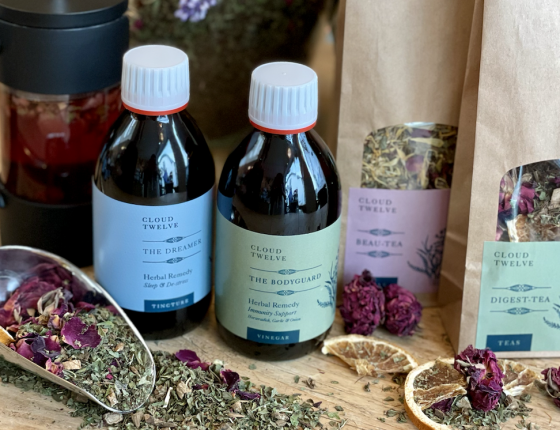
Herbs and Tips for Winter Wellness

Improving Egg Quality and Boosting Fertility for Women in their 40s

Diet for Menopause
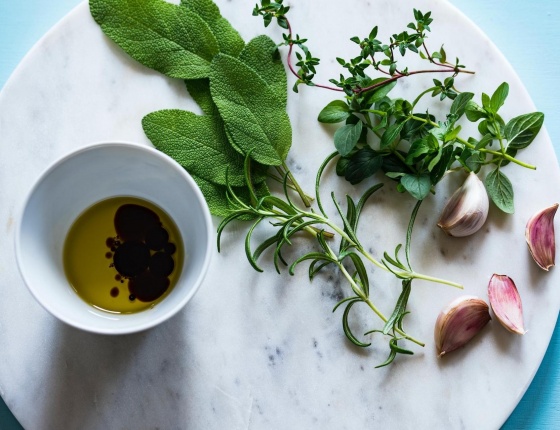
Nature's Cure for Hair Loss: Herbal Remedies That Work

Herbs to Boost Fertility

11 Steps To Detox Your Mind

Nutrition & Lifestyle Habits For An Effective Detox

Top Tips For Staying Healthy During the Party Season
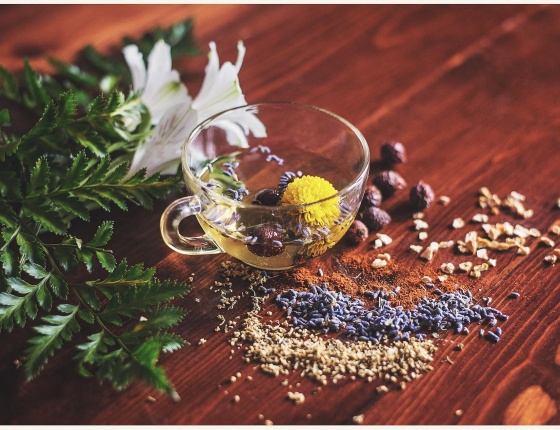
SheerLuxe: Jenya Di Pierro Shares Her Expert Tips To Dealing With Reflux

10 Natural Treatments For Cellulite
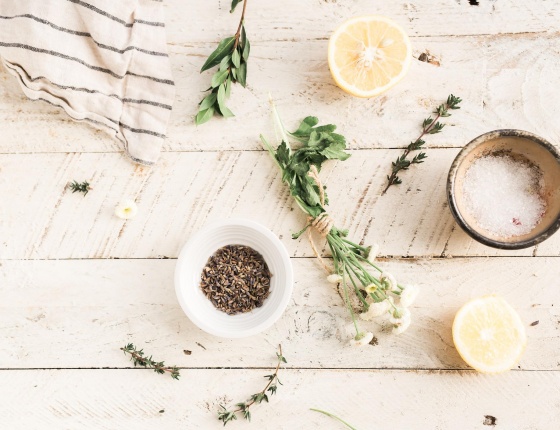
The Best Nutrition Tips For Combatting Cellulite
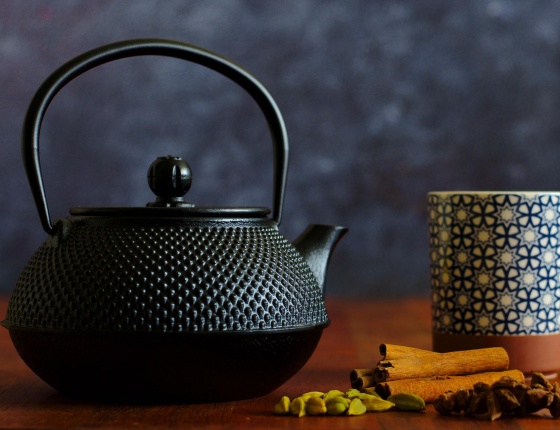
Country & Townhouse: Jenya advises on healing your gut with a little help from the East. How to do an Ayurvedic cleanse

GoodToKnow: Winter blues - 11 ways to deal with seasonal affective disorder, according to experts
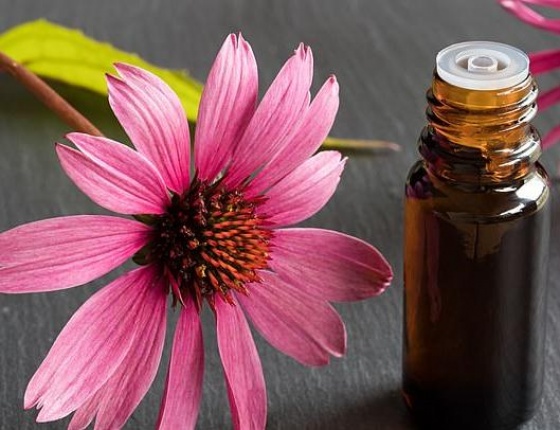
Daily Mail: Could a houseplant help cure YOUR health woes? Experts reveal their surprising healing properties

The Telegraph: Demand for ultra-skilled nannies and kids members' clubs surges post-lockdown

Domus Stay: Jenya Di Pierro on how Cloud Twelve puts wellbeing at the top of the agenda

Wellbeing: Natural remedies and herbs to help recover from vaccine side effects

Wallpaper: Natural remedies for allergy fatigue and other hay fever symptoms

Your Healthy Living: 10 ways to fight the ageing process

OmYoga: The power of plants: 7 healing plants to keep healthy and balanced

Woman & Home: 10 natural cures for insomnia to help end sleepless nights

Harpers Bazaar: Why it's time to reclaim a bespoke approach

Mr Porter: The Best Holistic And Natural Treatments For Men To Try Now

Luxurious Magazine: Herbalist Jenya Di Pierro's top healing plants for a healthy 2022

Metro: Sport recovery is about more than rest days — here are the most effective therapies

Beauty Daily: The top 10 healing plants for a healthy and balanced 2022

Tips and Hacks for Holiday Health
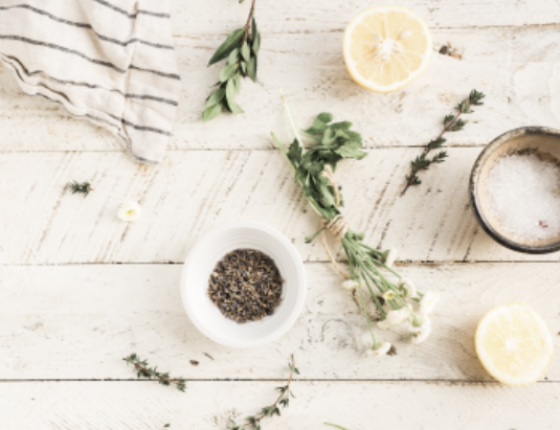
Your guide to Adaptogens

7 Daily Health Habits

13 Healthy Sleep Hygiene Habits
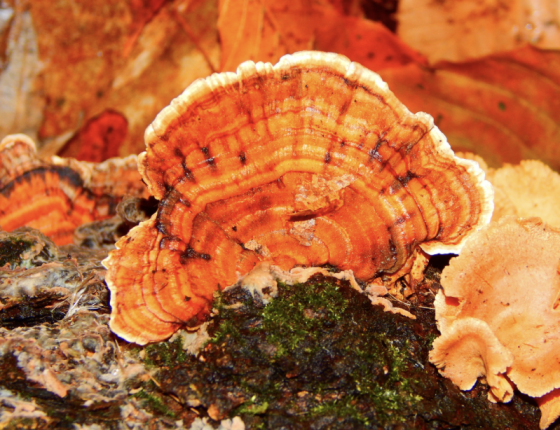
The ultimate guide to Medicinal Mushrooms
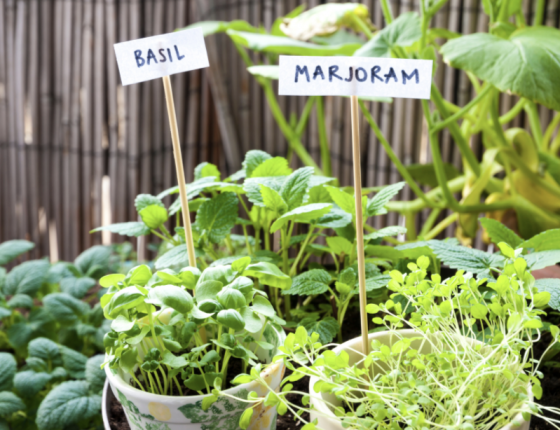
Herbs for respiratory system that can grow in your garden

Tips on How to Reduce Stress

10 Self Care Tips
